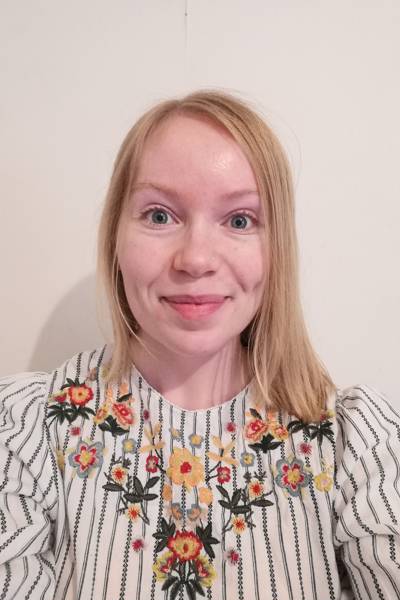Anti-Globalist Alliances?
Posted Thursday, 19 Sep 2024 by Katrine Fangen & Kristine Brastad Dammen
The far right and far left have partly overlapping views on issues of global economic cooperation. Why don’t they unite?

“We have moved from ‘we the workers’ to ‘we the French,’” said the French sociologist Didier Eribon to Libération recently, to explain the working class’s support for the populist party Rassemblement National in France in the context of the country’s parliamentary elections in June and July this year.
While President Emmanuel Macron seeks to strengthen the EU in the face of an unstable world, Rassemblement National has benefited by portraying Macron as an ‘extreme globalist’ and themselves as nationalists – as the solution to the problems and discontent of the French people.
Similar political divides can also be found in Norway.
Between 2021 and 2022, we interviewed 27 Norwegian politicians, activists, and opinion leaders. As part of the project Mobilization against Migration in Europe, we aimed to study individuals across the political spectrum, who despite political differences had in common a strong mobilization against immigration to Norway. We studied their varying stances on immigration, as well as transnational influences and connections between such actors.
Although far-right parties are more extreme in their immigration criticism, restrictive views on immigration can also be found within the Labour Party, the Conservative Party, and even among left-wing actors not represented in Parliament – despite parliamentary parties on the far left being known as more immigration-liberal.
Many of the radical actors we interviewed – both on the right and the left – opposed the handling of refugees through international cooperative organisations and agreements such as the EU, the UN, and the World Trade Organization. Many were more concerned with this than with immigration itself.
The far-right has long used the term anti-globalism as a catch-all for opposition to multiculturalism, and, in some cases, the mixing of ‘races.’ They support national sovereignty, cooperation between countries through bilateral agreements, as well as ethno-nationalism.
The Norwegian left has traditionally been vocal about international solidarity and supported humanitarian work across borders. Trade unions want to include labour migrants as members. In this way, the unions can maintain their clout, foreign workers will not outcompete Norwegian workers, and foreign workers will receive fair wages. However, global issues are also problematic for the left, particularly due to their opposition to global and international organisations like NATO, the EU, and the World Bank, which are seen as tools of global capitalism. In our project, we interviewed non-parliamentary informants on the far left who strongly supported anti-globalist narratives. But these informants were more concerned with the exploitation of Norwegian workers and the depletion of human resources in the East and the Global South than the informants on the far right.
Norway is a small country, and many non-parliamentary actors on both the far right and far left know each other. Some of them form a common front online and in podcasts, sharing some overlapping anti-globalist narratives. Yet, we still see the classic right-left divides in their arguments, making it impossible for them to form a united front. Therefore, it is unlikely that new collaborative alliances will emerge in the near future.
In the French National Assembly, Rassemblement National and La France Insoumise, France’s equivalent to Norway’s Rødt, vote the same way on issues related to the economy and social policy. However, there is no formalized cooperation in place.
Our research shows that immigration and views on Muslims still play an important role in anti-globalist narratives, with the far right and far left diverging on this issue. While the far left sees migrants as victims of a capitalist system, the far right portrays immigrants as dangerous villains or fortune seekers. They are also concerned about cultural influence from Islam.
Anti-globalist narratives gain traction across countries that are otherwise quite different historically, socially and politically. The political narratives are adapted to a local context and used by strategic political actors with different goals.
In Norway, the anti-globalist movement is not as strong as in France. Nevertheless, we see a crucial difference between politicians who prioritize Norway’s international commitments and more radical actors with a protectionist focus.
In this spectrum, there are no simple answers, except perhaps the key point that local problems are intertwined with the global in ways that cannot be ignored.
- This commentary was first published in Norwegian by Klassekampen on July 3rd, 2024: “Antiglobalistiske allianser“
- It is based on an article in the journal Globalizations
- Authors: Kristine Brastad Dammen (Journalist) & Katrine Fangen (Professor, Institute of sociology and human geography, University of Oslo)
- The authors are both members of the PRIO-led project Reaching Out to Close the Border: The Transnationalization of Anti-Immigration Movements in Europe (MAM)











